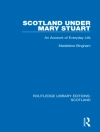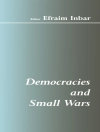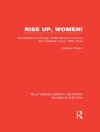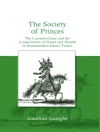Montenegro was admitted to the UN as its 192nd member in June 2006, thus recovering the independence it had lost nearly ninety years earlier at the Versailles Peace Conference. This is the first full-length history of the country in English for a century, tracing the history of the tiny Balkan state from its earliest roots in the medieval empire of Zeta through its consistently ambiguous and frequently problematic relationship with its larger neighbour Serbia, the emergence of a priest/warrior ruler in the shape of the Vladika and its emergence from Ottoman suzerainty at the Congress of Berlin.
In more recent history, the book focuses on Montenegro’s troubled twentieth century, its prominent role in the Balkan wars, its unique deletion from world maps as an independent state despite being on the winning side in the Great War, its ignominious role in the wars leading to the disintegration of Yugoslavia and its final reemergence as a member of the international community on the anniversary of the Battle of Kosovo in 2006.
Since independence, Montenegro has grappled with the question of Euro-Atlantic integration, including membership of NATO (achieved) and the EU (applicant). Even as it has fought to define its identity, it has gone from being one of the poorest nations in the Western Balkans to having the highest per capita income of the region. It successfully navigated democratic transition in 2020.
关于作者
Elizabeth Roberts is a Balkan scholar and former diplomat, who taught Southeast European History at universities in the Republic of Ireland and the United States of America. A recognised authority on Balkan history, she is the co-author of
The Sandžak: A History
, also published by Hurst.












